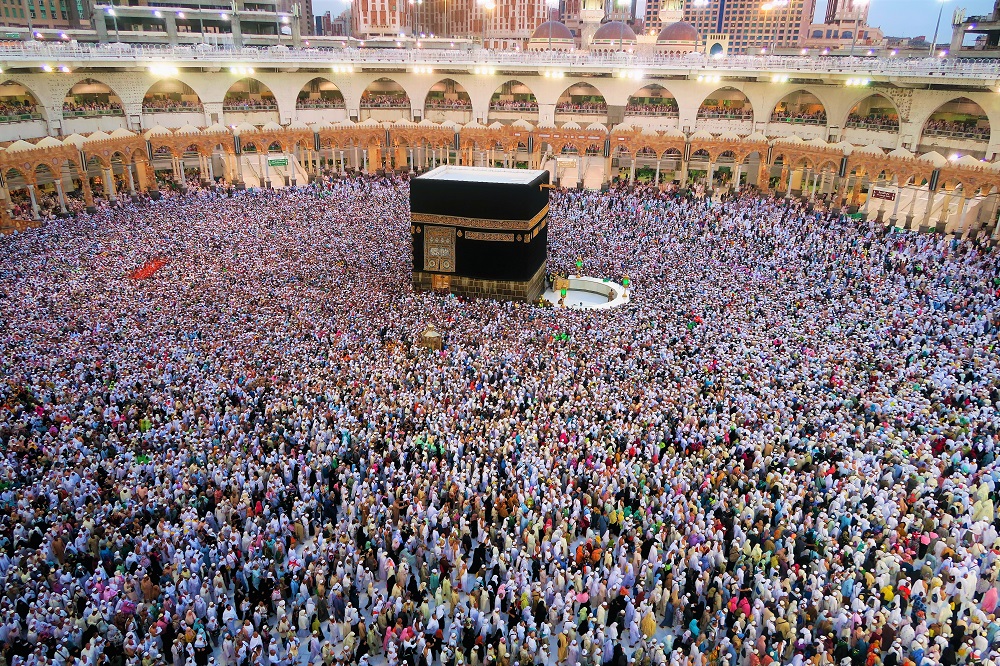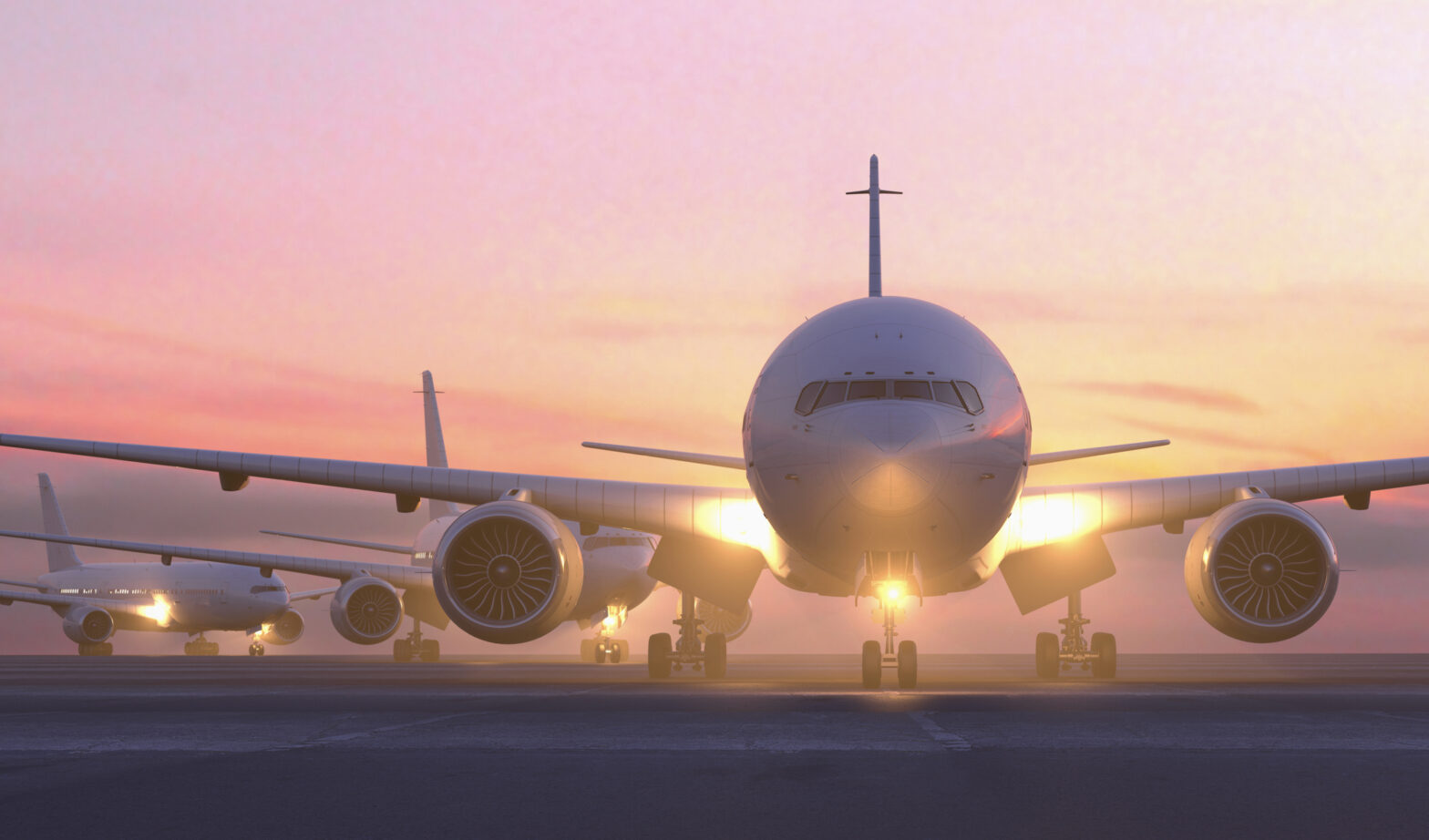On a momentous occasion, two million Muslim pilgrims have embarked on the annual Hajj pilgrimage. This marks the event’s return to full capacity for the first time in three years. Muslims from around the world flocked to Mecca, Saudi Arabia, the spiritual epicenter of Islam, to partake in the sacred ritual. Hajj Pilgrimage happens over a period of five days and is one of the largest gatherings in the world.
What is the Hajj Pilgrimage?
The Hajj pilgrimage requires the participation of all able-bodied Muslims at least once in their lifetime. It stands as one of the largest religious congregations globally. It has been safeguarded and organized by the Saudi royal family. In 2020, the Hajj pilgrimage witnessed a significant reduction in participants, due to the COVID-19 pandemic. Instead of the typical millions, only a limited number of residents and citizens could undertake the journey. It reflected the unprecedented restrictions imposed during the global health crisis.
During the Hajj, both men and women engage in profound prayer rituals, reciting Allah’s name, reading the Quran and offering supplications for forgiveness, healing, and mercy. The pilgrimage spans approximately five days. It includes a three-day stay in Mina, where pilgrims cast stones at pillars. This symbolizes the discarding of sins and seeking spiritual rejuvenation.
Deep Significance for Muslims Worldwide
Saudi authorities face the ongoing challenge of managing large crowds during the Hajj pilgrimage. This year, to ensure the well-being of participants, the kingdom has implemented a comprehensive healthcare initiative. It includes mobile clinics and strategically placed hospitals along the Hajj route.
The Hajj holds deep significance. It is a reflection of the strength and resilience of Prophet Ibrahim, his son Ismail and Hajar, as described in the Quran. Muslims worldwide eagerly anticipate the conclusion of the Hajj with the joyous celebration of Eid al-Adha. This is where the ritualistic slaughter of livestock takes place and meat is distributed to those in need.
The Hajj pilgrimage is a religious obligation that Muslims cherish. While some save their entire lives to undertake the journey, others rely on donations to fulfill their lifelong dream.
The Hajj pilgrimage stands as a remarkable display of faith and devotion. It unites Muslims from diverse backgrounds in a shared spiritual experience.





